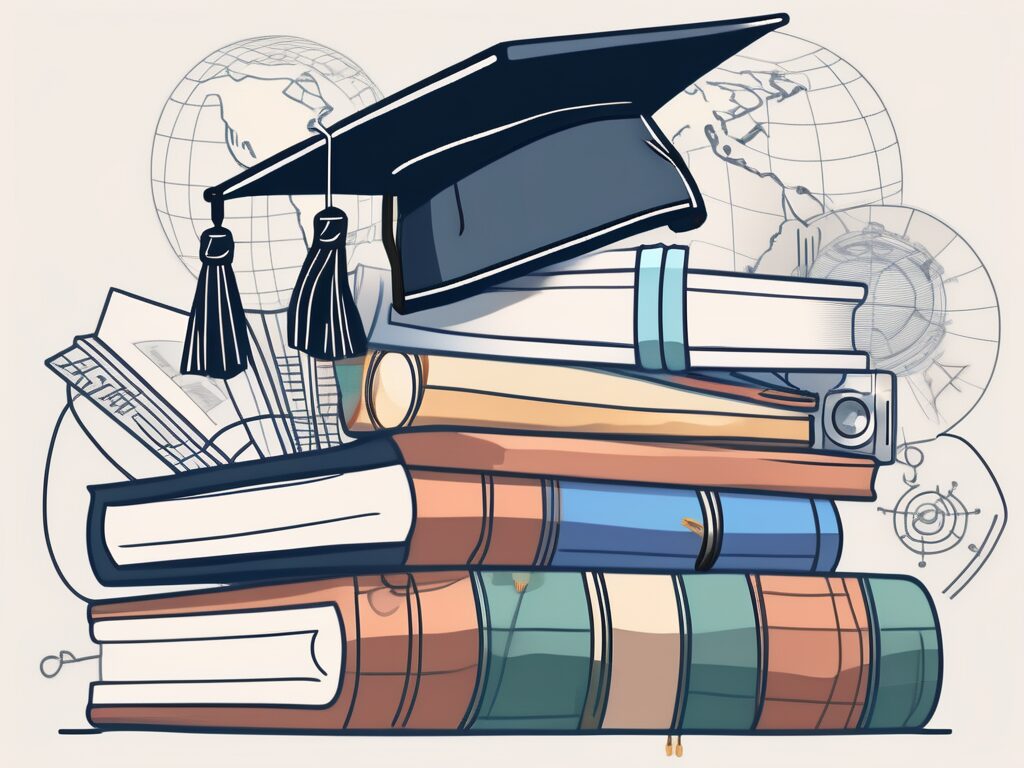Embarking on a Master’s in Education in Thailand is an exciting journey. Not only will you get to immerse yourself in a vibrant culture, but you’ll also have the opportunity to learn a new language. However, language learning can be a daunting task, especially when you’re trying to balance it with your studies. But don’t worry, we’ve got you covered. Here are five top tips to help you master the Thai language while pursuing your Master’s degree.
1. Immerse Yourself in the Language
One of the best ways to learn a language is to immerse yourself in it. And what better way to do that than by living in the country where the language is spoken? Living in Thailand gives you a unique opportunity to practice your language skills daily. Whether you’re ordering food at a local restaurant or chatting with your neighbours, every interaction is a chance to learn.
Remember, immersion isn’t just about speaking the language. It’s also about listening to it. Try to consume as much local media as possible. Watch Thai films, listen to Thai music, and read Thai newspapers. This will not only improve your listening skills but also give you a better understanding of Thai culture.
2. Make Use of Language Learning Apps
In this digital age, there are countless resources available to help you learn a new language. Language learning apps like Duolingo, Babbel, and Rosetta Stone offer interactive lessons that you can access at any time. These apps are a great way to supplement your language learning outside of the classroom.
Most of these apps use gamification to make learning fun and engaging. They offer a variety of exercises to improve your reading, writing, listening, and speaking skills. Plus, they allow you to track your progress and set personal goals. So why not give them a try?
3. Practice with Native Speakers
Practicing with native speakers is one of the most effective ways to improve your language skills. It allows you to pick up on the nuances of the language that you might not learn in a classroom setting. Plus, it gives you the chance to practice your pronunciation and listening skills in a real-world context.
Don’t be afraid to make mistakes. Remember, everyone is there to learn. Plus, most people appreciate the effort you’re making to learn their language. So don’t be shy, strike up a conversation with a local. You might be surprised at how much you can learn.
4. Enroll in a Language Course
While self-study can be effective, enrolling in a language course can provide you with the structure and guidance you need to succeed. Most universities in Thailand offer Thai language courses for international students. These courses are designed to help you develop your language skills in a structured and supportive environment.
Most language courses use a combination of classroom instruction and practical exercises to teach you the language. They cover everything from grammar and vocabulary to pronunciation and conversation skills. Plus, they offer the added benefit of providing you with a community of learners to practice with.
5. Stay Consistent
Learning a language is a marathon, not a sprint. It requires consistency and dedication. Try to set aside some time each day to practice your language skills. This could be anything from reviewing your notes to practicing conversation with a language partner. The key is to make language learning a part of your daily routine.
Remember, it’s okay to have off days. What’s important is that you don’t let them discourage you. Keep pushing forward and remember why you started learning the language in the first place. With time and practice, you’ll get there.
Conclusion
Learning a new language while pursuing a Master’s in Education in Thailand can be a challenging but rewarding experience. By immersing yourself in the language, making use of language learning apps, practicing with native speakers, enrolling in a language course, and staying consistent, you can make the most of this unique opportunity. So why not give it a go? You might be surprised at how much you can learn.
Advance Your Teaching Career with iQTS
As you navigate the enriching path of language learning and education in Thailand, consider taking your teaching career to the next level with The IQTS at UWE. The International Qualified Teacher Status (iQTS) Programme is specifically designed to enhance your professional development, increase your chances of career progression, and connect you with a global community of educators. With the iQTS, you’ll not only meet international qualification standards but also gain valuable insights into global education systems, making you a more adaptable and sought-after educator. Embrace the opportunity to balance your work with flexible online study options and witness a significant boost in your professional growth. Make Your Next Step towards achieving your full potential as an international teacher with the iQTS programme.

